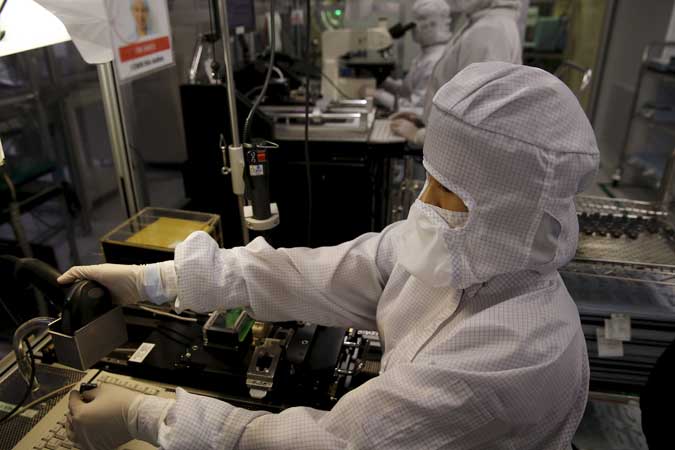Schools not producing enough engineering graduates — SEIPI

THE ELECTRONICS sector must address a mismatch between industry skills demand and employee training to keep up with global technology shifts, industry representatives said.
Semiconductor and Electronics Industries in the Philippines, Inc. (SEIPI) President Danilo C. Lachica said that electrical and computer engineering graduates have been declining in number.
“We will schedule career talks to encourage students in taking engineering courses and joining the industry,” he said at the group’s general membership meeting Thursday.
SEIPI plans to discuss engineering and technical training with the Commission on Higher Education and the Technical Education and Skills Development Authority.
“We’re in the process of gathering insights to analyze the jobs and skills mismatch through focus group discussions and key informant interviews,” Mr. Lachica said.
SEIPI is retaining its 7% growth target for the year, which is backed by a rebound in demand in the industrial, mobility, consumer, and medical electronics sectors.
Gaas Labs President John Ocampo said that there are not enough engineering graduates, which he added is also true of places like the US.
“Partly it’s the perception that it’s tough major,” he said during the same event.
To support the country’s ability to engage with advanced technology, including the Internet of Things, he said that science and technology education should be more accessible to students.
“I think we just have to get more engineers and make it appealing for not just engineers but to startup businesses in the Philippines,” he said.
“We need an ecosystem in place for startups and small companies to thrive. We need incubators, local angel investors.” — Jenina P. Ibañez



